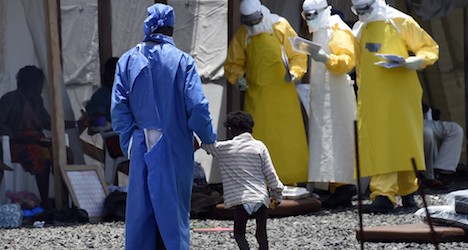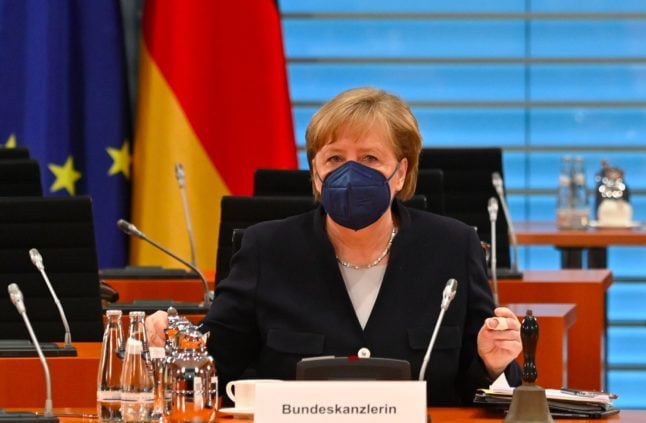According to the revised data, the worst Ebola epidemic on record has now claimed 5,987 lives in the three countries at the heart of the outbreak in west Africa — Sierra Leone, Guinea and Liberia.
"An error on reported total number of deaths in Liberia was published on November 28th," the UN organization said in an emailed statement.
"This number has been corrected," the organization
"The cumulative total number of deaths in Liberia is 3,145," it said, down from Friday's figure of 4,181.
No further explanation was given for the revision.
When the agency gave its previous toll of 6,928 deaths on Friday, up from 5,674 two days earlier, it put the steep hike in Liberia fatalities down to "a reconciliation of historical numbers" and not to new deaths in recent days.
Following Monday's correction, the WHO said that as of November 28th, Guinea had recorded 2,155 cases and 1,312 deaths, Liberia saw 7,635 cases and 3,145 deaths while Sierra Leone reported 7,109 cases and 1,530 deaths.
There have also been 15 fatalities in other countries, bringing the total to 6,002.
Also on Monday, the WHO said "meaningful progress" had been made towards reducing the spread of Ebola by isolating patients and burying bodies safely.
But Assistant Director-General Bruce Aylward said that a target for 100 percent isolation of patients and 100 percent safe burials by January 1st will be "challenging" to meet.
He warned that in Liberia there were signs of "a sense of complacency setting in".



 Please whitelist us to continue reading.
Please whitelist us to continue reading.
Member comments